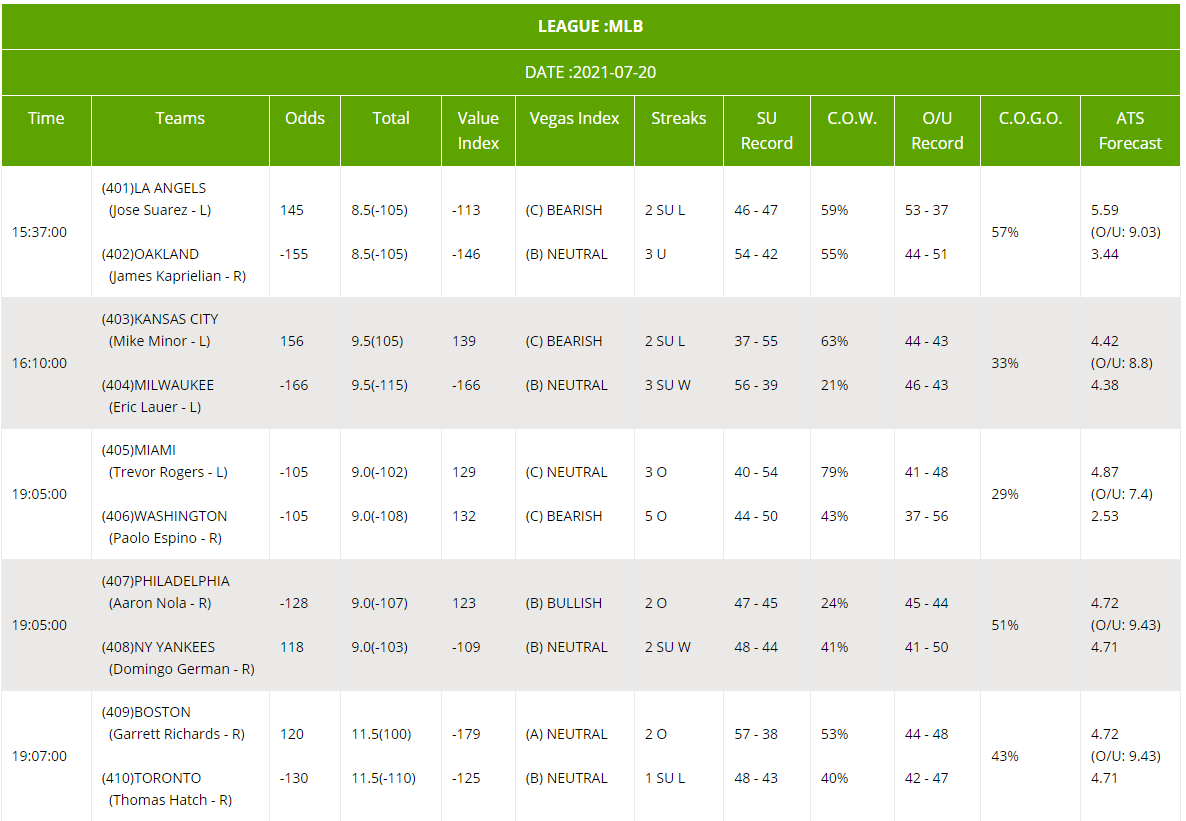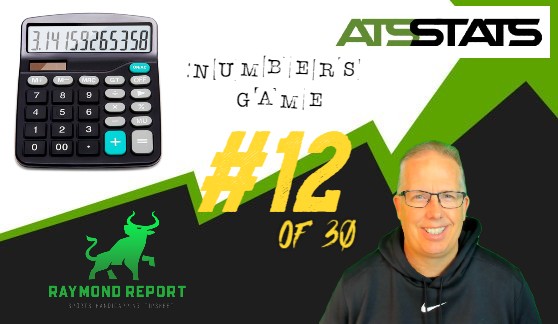Sports Handicapper Ron Raymond of the Raymond Report will be releasing 30 Sports Betting Tips each day during the Month of July to get you through those “Dog Days of Summer”.
Welcome to Tip #23 of 30, as Professional Sports Handicapper Ron Raymond talks about trusting your “Sports Gut” when making a snap decision on betting on sports. It’s often said, your “gut feeling” is often referred as your second brain.
5 SECOND RULE
The 5 Second Rule is simple. If you have an instinct to act on a goal, you must physically move within 5 seconds, or your brain will kill it. – Mel Robbins of Melrobbins.com
Malcom Gladwell Quotes from Blink
- In Malcolm Gladwell’s fascinating bestseller Blink, he describes many situations where you do your best thinking when you don’t think at all. But he also shows plenty of scenarios where your instincts are way off.
- What does the research say? How do you know when to trust your gut — and when not to?
- You can trust your intuition… Sometimes
- You make up your mind about someone in 100 milliseconds. Literally. And often, you are right.
- In just five minutes you can often evaluate people with approximately 70% accuracy.
- Research has shown many situations where your gut is more likely to be right than wrong:
- Research shows things that are easy for our brain to process feel more true, than concepts that require work.
2 RULES OF THUMB
But are there any good rules of thumb? Here are two:
1) Definitely trust your gut on a subject — (if it is something you’re an expert at)
A new study from researchers at Rice University, George Mason University and Boston College suggests you should trust your gut — but only if you’re an expert…
Across both studies, participants who possessed expertise within the task domain performed on average just as well intuitively as analytically. In addition, experts significantly outperformed novices when making their decisions intuitively but not when making their decisions analytically.
2) For simple decisions without many factors involved (What soda should I buy?) be rational. For very complex or weighty decisions (What career should I pursue?) trust your gut.
Ron’s Trust Your Instincts Points
Before making that snap decision, consider the following:
- Capture the Facts
- Retrieve from your own memory database of the situation (experience helps)
- Perception vs. Reality (Public vs. Contrarian)
- Make a Decision and Live with it!
*Note: The purpose of gut instincts is not to over think it, sometimes the answer is right in front of you, but the more information you analyze, then more you can fall into the “Paralysis by analysis” trap.
Paralysis by Analysis Meaning
Analysis paralysis involves ruminating or spinning the same thoughts over and over. Overthinking stats or problems typically doesn’t lead to any new insight. Continuing to analyze possibilities when you already feel fatigued and overwhelmed is what eventually triggers the “paralysis,” or inability to decide.
Example: ATS Tipsheet






